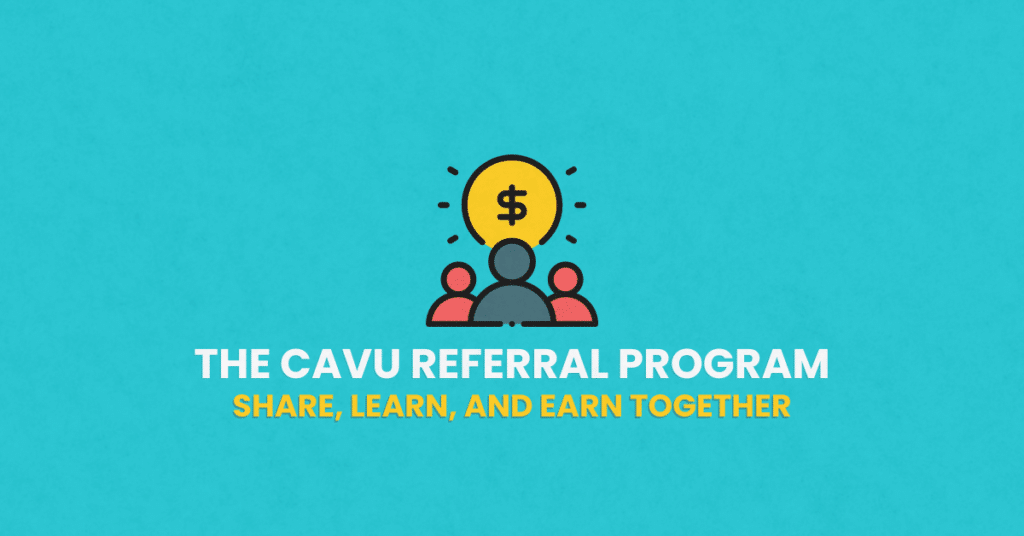At CAVU, we know learning doesn’t happen in a vacuum. People learn in a variety of ways. But no matter how you learn, eventually you need coaching to understand how to apply what you’ve learned.
As part of CAVU’s mission to increase diversity in the Agile and Scrum space, we are increasing our students’ knowledge base and giving them access to coaches to help them apply what they’re learning and bring real world situations into their Agile education, ultimately helping them increase their Agile and Scrum knowledge.
Agile coaching has numerous benefits for Scrum practitioners and teams, including:
Improved Performance
Help Scrum Masters, Product Owners, and developers improve their performance by guiding them to focus on the most critical work items, prioritizing the work and creating a roadmap that helps them stay focused and motivated.
Better Collaboration
Help team members collaborate and communicate better, leading to more opportunities to build trust with each other. A coach can help teams identify and resolve conflicts and foster a culture of open and honest feedback.
Increased Flexibility
Help teams be more adaptable. A coach can help to create a framework allowing for quick adjustments and changes in direction. By increasing a team’s flexibility, it helps them be able to react to new information in a timely and efficient manner.
Enhanced Learning
Help team members to learn and grow. A coach can provide guidance, feedback, and support to help team members identify areas for improvement and develop new skills.
Increased Ownership and Accountability
Encourage team members to take ownership and responsibility for their work. A coach can help individuals and teams set goals, track progress, and take responsibility for their outcomes.
Reduced Waste
Help reduce waste by guiding teams towards focusing on what is most valuable to the customer. By identifying the most critical work items and prioritizing them, teams can avoid wasting time and resources on low-value tasks.
Agile coaches are a powerful tool to help teams to improve their performance, work more collaboratively, be more adaptable and flexible, learn and grow, take ownership and accountability, and reduce waste.








